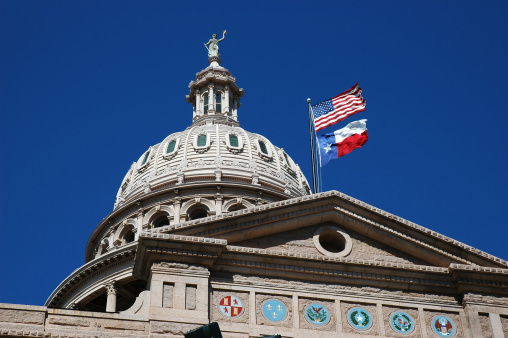Last year, Texas adopted a sweeping new law designed to make voting more difficult. It worked.
According to an analysis by The Associated Press, the state threw out an “abnormally high” number of mail-in ballots cast during a recent primary. The outlet reports:
Roughly 13% of mail ballots returned in the March 1 primary were discarded and uncounted across 187 counties in Texas. While historical primary comparisons are lacking, the double-digit rejection rate would be far beyond what is typical in a general election, when experts say anything above 2% is usually cause for attention.
“My first reaction is ‘yikes,’” said Charles Stewart III, director of the Election Data and Science Lab at the Massachusetts Institute of Technology. “It says to me that there’s something seriously wrong with the way that the mail ballot policy is being administered.”
The AP found that the rejection rate was alarmingly high across all counties, but was particularly elevated in Democratic strongholds, where 15.1% of ballots were discarded. In GOP-leaning counties, 9.1% of votes weren’t counted.
NPR, analyzing the AP data, explains:
Perhaps most notably, in Harris County — home to Houston, and the state’s most populous county — officials said they rejected a whopping 19% percent of the mail ballots they received, or 6,888 mail ballots in total.
During the primary election in 2018, the county had only rejected 135 mail ballots out of more than 48,000, election officials said in a statement. That’s less than 0.3%.
NPR also highlights the specific hurdles created by the new regulation, signed into law by Republican Governor Greg Abbott in October:
Under Texas’ new voting law, known as Senate Bill 1, voters have to provide a partial Social Security number or driver’s license number on their mail ballot application — as well as on the return envelope. And the ID number they provide has to match what’s on their voter registration record, which could be from decades ago.
Davis said this new requirement tripped up an unprecedented number of voters. He and his staff helped many of them fix their ballots, but some voters did not fix their ballot in time to be counted.
“So many of those folks didn’t have a chance, either because there wasn’t enough time or because they had given up,” he said. “We encountered some folks who had given up and said, ‘Forget it, I have too many other things going on in my life.’ “
The AP adds:
Texas’ election was the debut of more restrictive voting rules the GOP raced to put on the books across the U.S. in time for the midterm elections, a push that took particular aim at mail voting that soared in popularity during the pandemic.
At least 17 other states in the coming months will cast ballots under tougher election laws, in part driven by Trump’s baseless and persistent claims of rampant fraud in the 2020 election. The rejected ballots in Texas alone far exceeds the hundreds of even possible voter fraud cases the AP has previously identified in six battleground states that Trump disputed.



